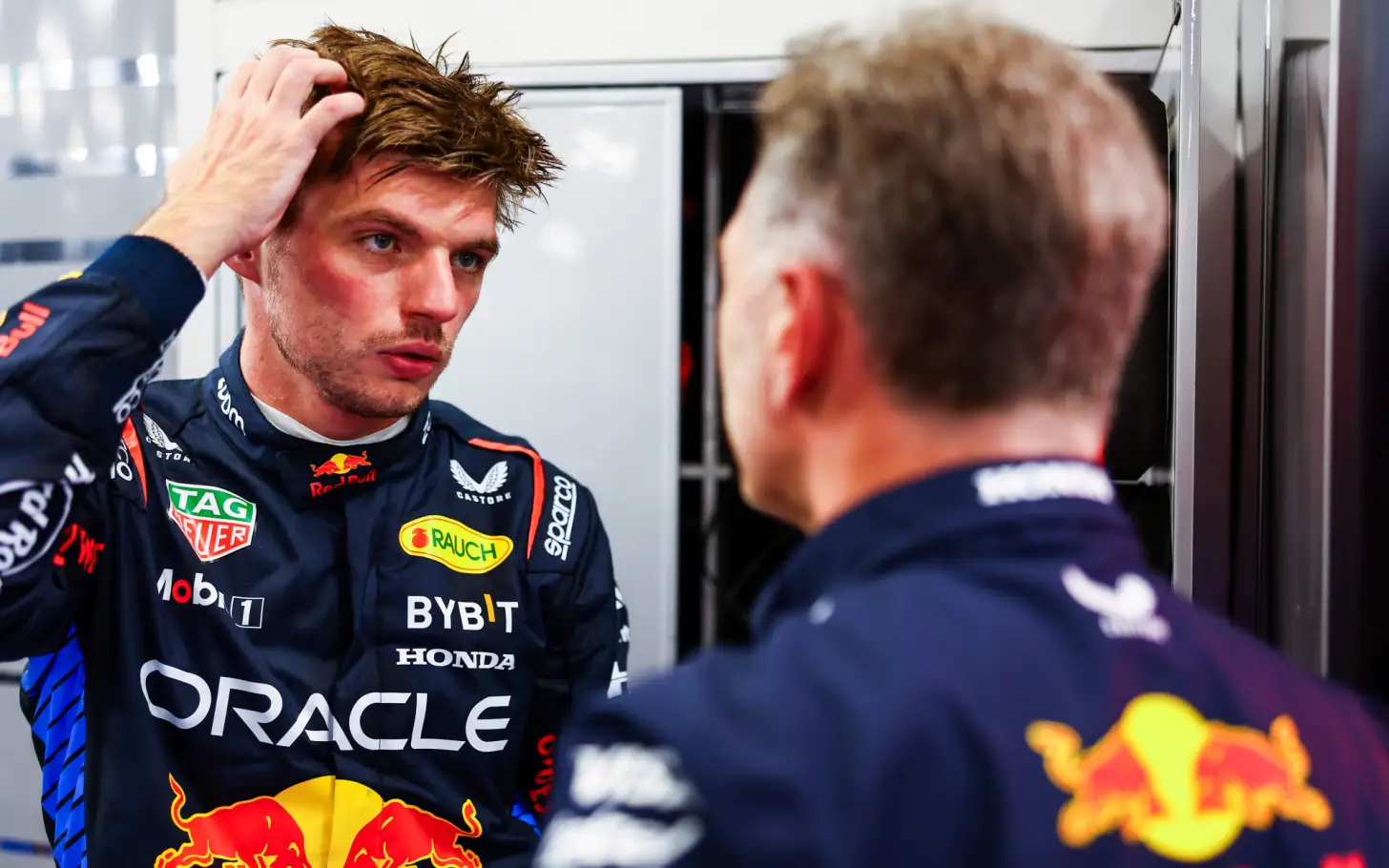As Max Verstappen continues to dominate Formula 1 with his consistent brilliance, Red Bull Racing’s focus has expanded beyond securing race victories to securing the long-term future of their star driver.
While Verstappen’s current contract with the team runs until the end of 2028, Red Bull, known for their strategic foresight, are already planning for a potential exit strategy in case their golden boy decides to move on earlier.
Verstappen’s journey with Red Bull has been nothing short of spectacular. Since his meteoric rise in 2016, the Dutchman has become the face of the team and has helped them achieve unprecedented success.
He has delivered two back-to-back drivers’ championships, with an impressive display of both speed and consistency, leading the charge as the team claimed their first Constructors’ title since 2013 in 2022.
However, as with all top-tier drivers, speculation is never far behind, especially with Verstappen’s rising profile and the allure of different opportunities that may arise in the future.
Given this, Red Bull Racing’s management is not taking any chances. Behind the scenes, the team is reportedly exploring a variety of contingency plans to ensure that they remain competitive even in the event of a departure by Verstappen.
These plans are multifaceted, focusing on both recruitment strategies and team structure.
First and foremost, Red Bull’s driver academy has been developed to cultivate new talent, with promising figures such as Liam Lawson, Yuki Tsunoda, and Jüri Vips all making waves within the program.
This ensures that should Verstappen leave, Red Bull would have a stable of capable drivers who could step into a Formula 1 seat without the need for external signings.
With Lawson impressing during his stand-in roles in 2023, Red Bull has an option ready for the future, particularly if they need a quick replacement for a top seat.
Additionally, Red Bull’s technical prowess, spearheaded by the genius of chief technical officer Adrian Newey, remains one of the strongest in the paddock.
Even without Verstappen, Red Bull will continue to build fast, efficient cars, securing their position at the top of the grid.
Team principal Christian Horner has been clear in public statements, emphasizing that Red Bull’s success is rooted in their collective effort, not solely reliant on any single driver.
Lastly, there’s the possibility that Verstappen’s potential departure could be leveraged to strengthen Red Bull’s financial and technical alliances.
With Formula 1’s increasing emphasis on commercial partnerships, Red Bull may explore new avenues to ensure their competitiveness in a post-Verstappen era.
Ultimately, while Verstappen’s presence at Red Bull is indispensable at the moment, the team’s contingency plans reflect a level of preparedness that assures their continued dominance in the sport, regardless of what the future holds.









